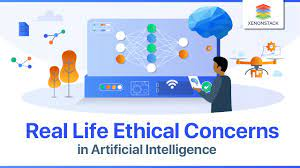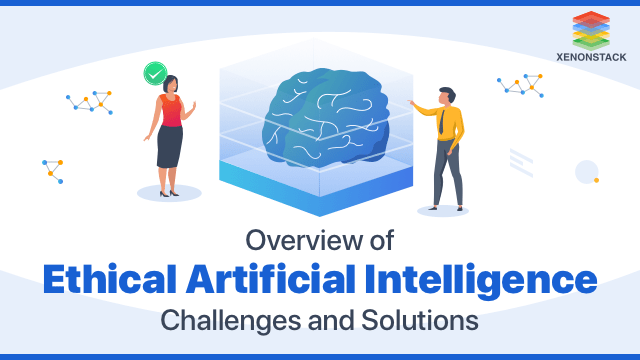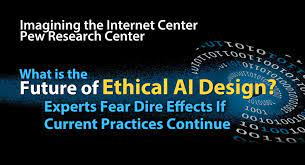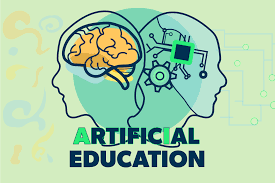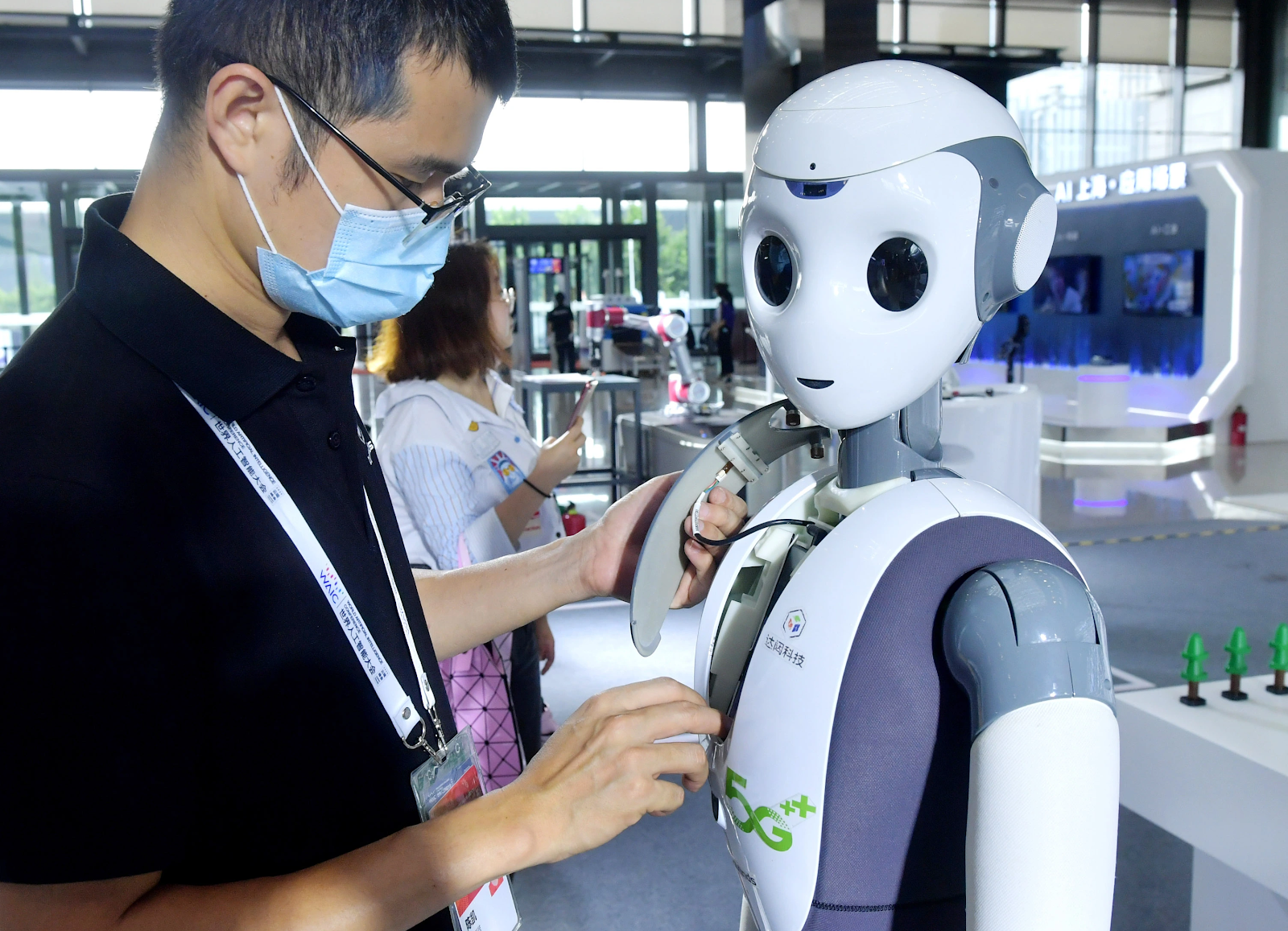Human Evolution and Artificial Intelligence: Coexistence and Coevolution
Introduction:
The rapid advancement of artificial intelligence (AI) in recent years has sparked widespread discussions and debates about its potential impact on human evolution. As AI technologies continue to evolve, exploring the intricate relationship between human evolution and the rise of intelligent machines is essential. This article aims to delve into the coexistence and coevolution of humans and AI, highlighting the challenges and opportunities ahead.
Human Evolution and Intelligence:
Throughout history, human evolution has been driven by our unique cognitive abilities, including complex language, tool use, and abstract reasoning. Our intelligence has enabled us to adapt, innovate, and dominate the planet. However, with the emergence of AI, we now face a significant turning point in our evolutionary journey.
The Impact of AI on Human Abilities:
Artificial intelligence has the potential to augment and enhance human capabilities in various domains. Machine learning algorithms can analyze vast amounts of data and extract patterns, assisting researchers, doctors, and scientists in making more accurate predictions and decisions. AI-powered technologies, such as prosthetics and brain-computer interfaces, can restore or enhance physical and cognitive abilities, opening up new horizons for individuals with disabilities.
Coexistence and Collaboration:
Rather than viewing AI as a replacement for human intelligence, a more optimistic perspective sees it as a collaborative partner in our ongoing evolution. Human creativity, empathy, and ethical judgment are aspects that machines have not yet replicated. By combining the unique strengths of humans and AI, we can harness the power of intelligent systems while retaining our essential qualities.
Ethical Considerations:
As we integrate AI into our daily lives, addressing the ethical implications becomes crucial. Ensuring transparency, accountability, and fairness in AI decision-making processes is essential. Additionally, considering the potential impact on employment and socio-economic disparities is vital for creating a future where AI benefits all of humanity.
nforeseen Challenges:
While AI holds immense promise, there are potential challenges we must navigate. As machines become increasingly intelligent, questions arise regarding their autonomy and decision-making. Balancing the benefits of AI with the preservation of human agency and control is a delicate task. Additionally, issues like privacy, cybersecurity, and the potential for AI to amplify existing biases require careful attention and regulation.
The coevolution of humans and AI presents us with a unique opportunity to redefine what it means to be human. By embracing the potential of AI, we can unlock new frontiers of knowledge, advance scientific discoveries, and address complex global challenges. However, to ensure a beneficial coexistence, we must proactively shape the development and deployment of AI technologies, while preserving our core human values and principles.
Conclusion:
Human evolution and the rise of artificial intelligence are intertwined in a complex and evolving relationship. While AI has the potential to transform various aspects of human life, it is our responsibility to guide its development ethically and ensure that it complements and enhances our unique human qualities. By embracing collaboration and addressing the challenges ahead, we can navigate the path of coevolution to create a future where humans and AI thrive together.







